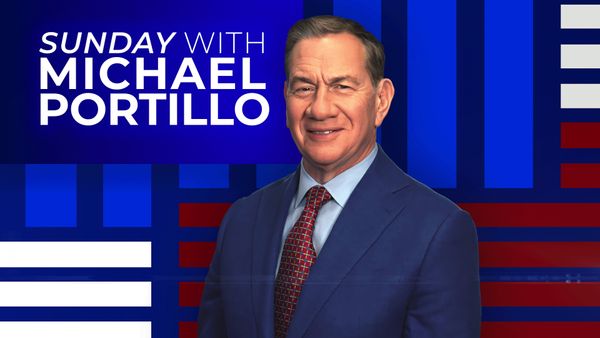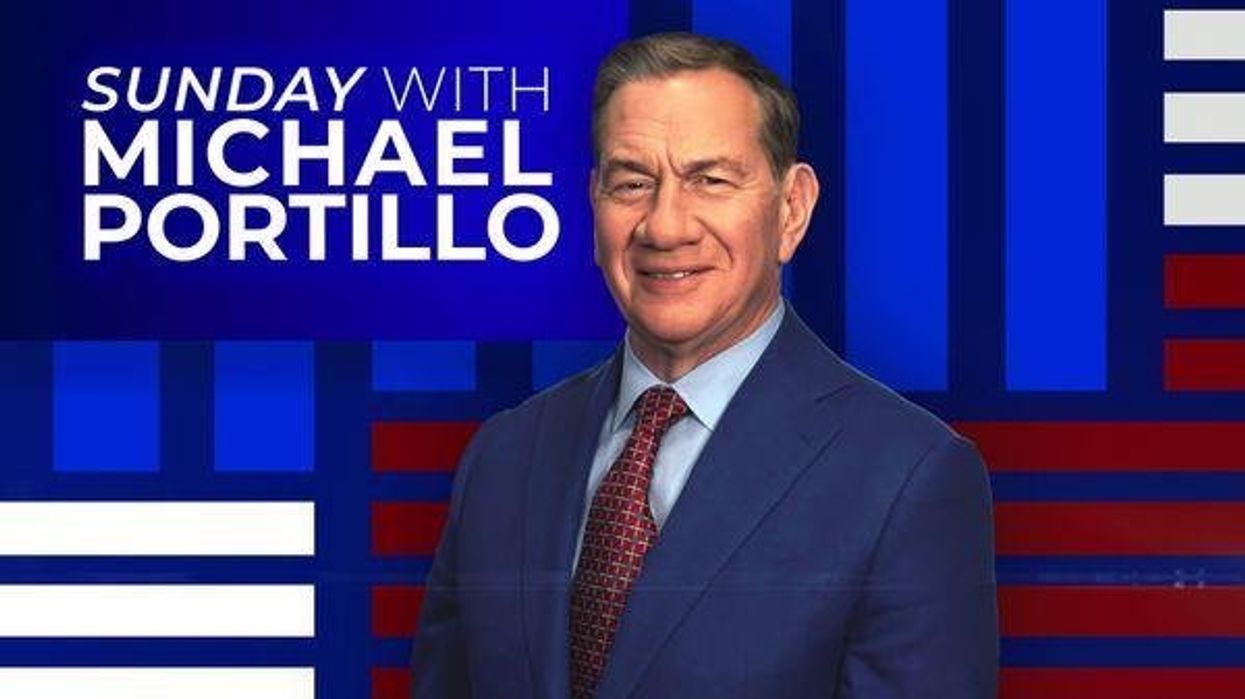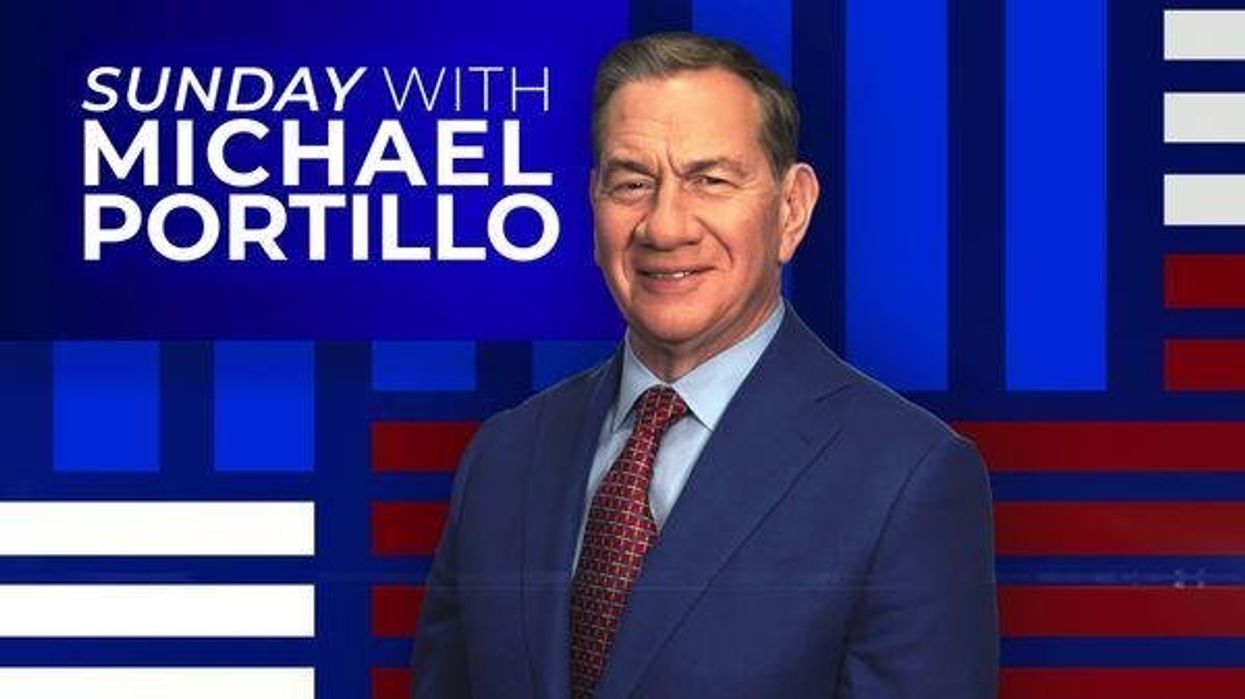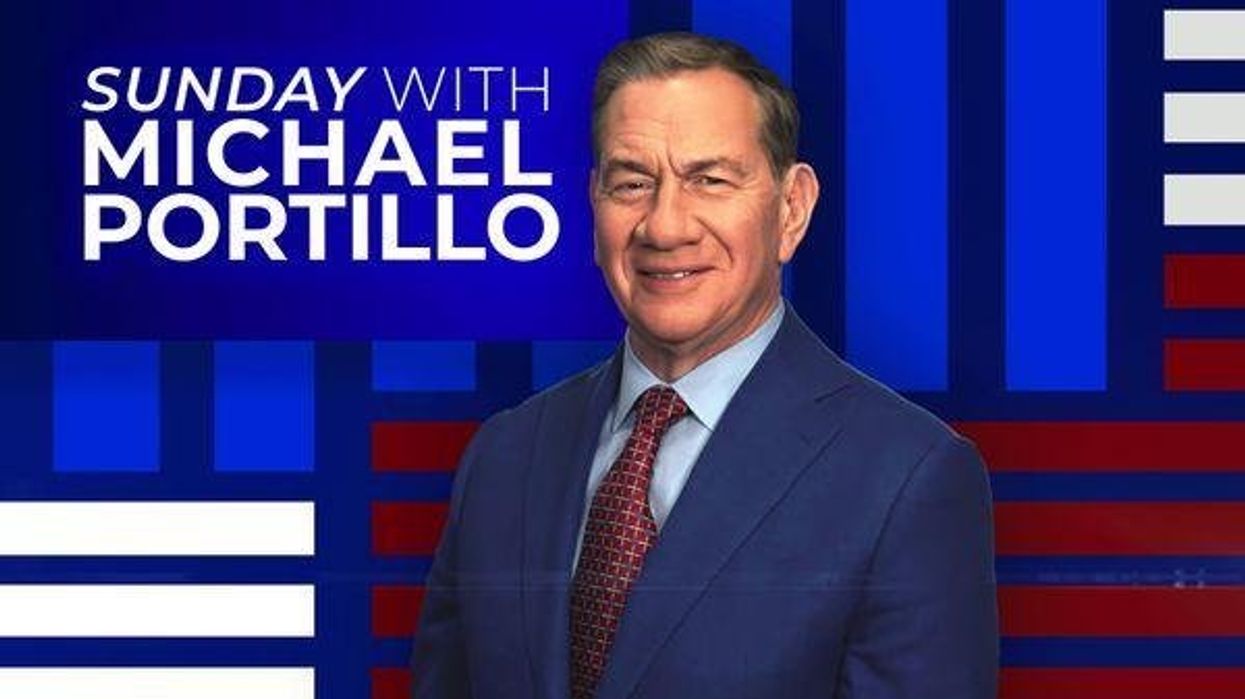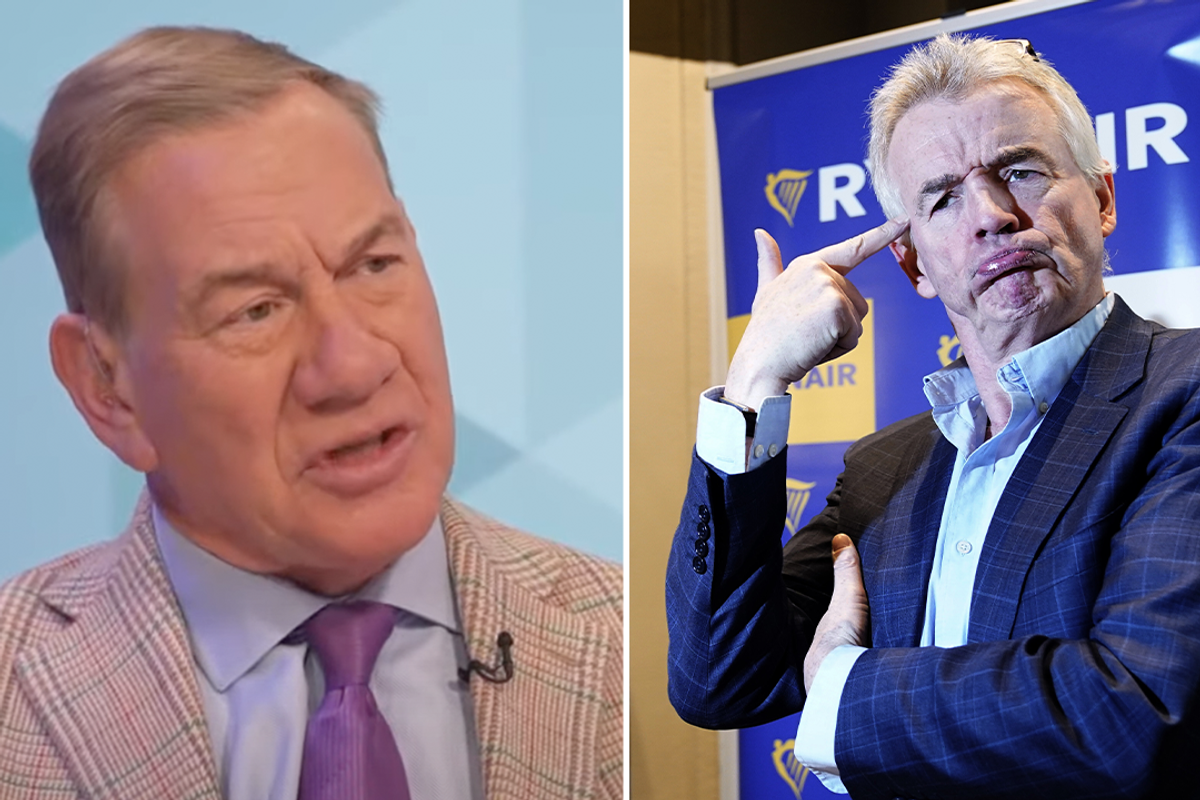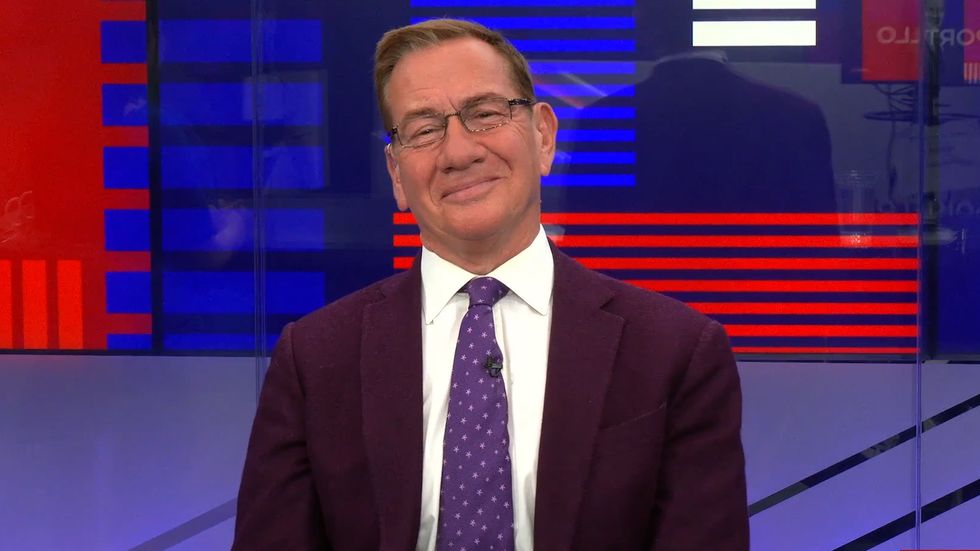Michael Portillo

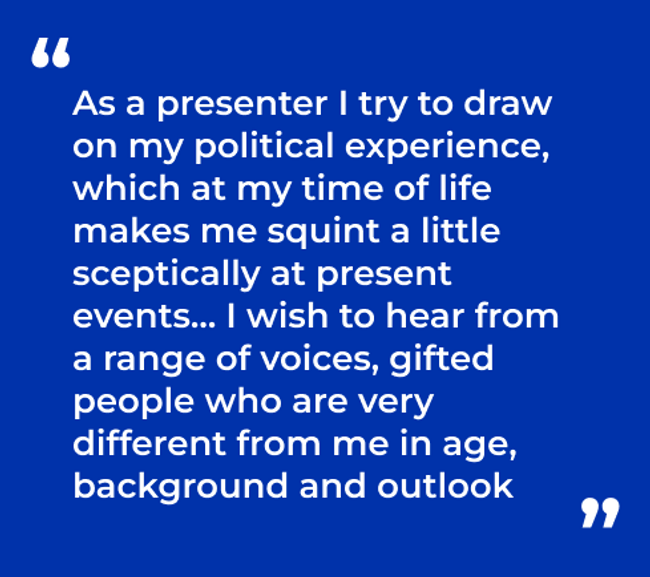
I have been lucky to have two distinct careers.
The first was in politics. I had worked for distinguished ministers for some time before I entered the House of Commons in 1984 at a by-election. I was a minister for eleven years in all, holding junior positions under Margaret Thatcher and entering the cabinet under John Major. I was Chief Secretary to the Treasury, Secretary of State for Employment, and lastly Secretary of State for Defence. I lost my seat in 1997 when the Conservatives went into opposition.
That's when I began my second career, in the media. I started to make television documentaries. Even so, I went back to the House of Commons between 1999 and 2005. Before the 2001 election I was Shadow Chancellor of the Exchequer, and after that I contested the party leadership, unsuccessfully.
As I turned away from politics, one of the things I enjoyed most was appearing weekly on BBC One's This Week, a late-night sardonic look back at the previous seven days in politics. It was on air for more than sixteen years. We were distinctly irreverent, but importantly we spoke analytically. We weren't afraid to criticise our "own" party or to see merit in another party's stance.
In 2008 I began to make documentaries for BBC Two based on railway journeys, and since then I have made about thirty series on five continents. I cannot describe what pleasure I have had on these journeys. I have seen stupendous places, but what has mattered even more to me is that I have encountered admirable people whose fervour for their subject has been infectious. More series are planned.
I have also made many other documentaries on radio and television, including a number of series for Channel 5, and I look forward to continuing that work.
Around the start of the Covid-19 pandemic, I began to present a Friday evening show for Times Radio spanning three hours and covering some politics, lots of ethical debates and the arts. That show was my presenting debut.
Early in 2022, GB News invited me on as a co-presenter on The Political Correction four times. Soon after, the channelasked me to try my hand at presenting a two-hour Sunday morning show, called Portillo. I was delighted to accept.
As a presenter I try to draw on my political experience, which at my time of life makes me squint a little sceptically at present events. I also try to introduce some humour and give politicians an opportunity to tell us about themselves, their motivations and what they are trying to achieve.
But more than that, I like to debate ethical issues raised by current affairs. I also cover the arts, investigating what is on offer in new books, plays, music, dance and exhibitions. I wish to hear from a range of voices and am especially happy when conversing with gifted people who are very different from me in age, background and outlook.
What I have enjoyed most about my broadcasting experience so far is the privilege of engaging in good conversation with people who are passionate. It may be their home territory that excites them, or I might be talking to an author whose ideas and research tumble out in an enthusiastic torrent. It could equally be a dancer, musician, actor, theatre director or museum curator. Or indeed an explorer of mountain tops, deserts or the seabed. I just love to listen to what they have to communicate, and I aim to stimulate them to share their zeal with me and with viewers.
Q&A:
Tell us about your family background
My father Luis was don at the University of Salamanca in Spain but, being a supporter of the Republic, was exiled at the end of the Spanish Civil War in 1939. He trudged over the Pyrenees, leaving behind his career and all of his family, but was admitted to Britain. My mother Cora (born in Scotland) was then an undergraduate reading Spanish at Oxford. Since 1937 she had been looking after refugee children from the Basque area of northern Spain, who'd been settled in the city. My father was drawn to Oxford and to the refugee "colony". There he met Cora and she proposed. They married in the early part of the Second World War and had five sons. I am the last of those.
How does that background affect you?
It makes me half Spanish. I have a very extensive family in Spain with whom I stay in touch, and I visit the country frequently. I have a Spanish passport as well as a British one. I was very moved by my father's suffering. His academic qualifications were of no use in Britain, and he had to do tedious work to live. My mother impressed me very much because during the long years that Luis could not enter his home country, she took her sons to Spain so that we would know our cousins and appreciate our heritage.
The Spanish Civil War was the defining event in my father's life. Oddly, it has been very important in mine too. After my 1997 defeat, my first substantial broadcasting opportunity was on a BBC programme called Great Railway Journeys. I chose to follow Luis through civil war Spain in what was, for me, a very emotional journey. Ten years later, when the BBC was looking to make travel and history documentaries based on Bradshaw's guidebooks, that programme was remembered, and I was asked to present the new series. My indirect connection to the war in Spain set me on my television career.
Any other influences?
My Scottish grandfather John W. Blyth was a devoted collector of art, particularly Scottish paintings. I knew his collection when I was a child (some is today in the gallery in Kirkcaldy) and I was lucky enough to live with some of those lovely canvases as an adult, too.
Why the brightly coloured clothes in your programmes?
I wonder whether there's a psychiatric explanation: that after all those years in politics, dressed in a dark blue suit and tie, I have gained my freedom of expression, and erupted in bright colour. Alternatively, I sometimes joke that I dress in the dark. Certainly it has emerged gradually as something between a joke and brand.
Do you miss politics?
No. But I enjoyed my time in politics very much and I felt privileged. I was in that world off-and-on for thirty years, and for me that was enough. Of course, I still find politics interesting, and I encourage young friends to pursue their political career as long as they know that it's likely to end at a time that’s not of their choosing!
Do you prefer broadcasting?
Politics can give you the feeling of painting on a very broad canvas and of doing things that are consequential. For example, as Defence Secretary I was much involved with Russia and the countries of Eastern Europe as they joined the European Union and were candidates for NATO. We had the strong sense of building a new world order. Broadcasting, for me, cannot compare in that respect, although the public probably values broadcasters above politicians! I do think there is much less stress in making programmes than in politics, although two hours live on GB News tests that notion to the limit!
What is left for you to do?
I am well past retirement age. But for as long as I can, I would like to continue with documentaries. It strikes me as rather odd that I have now taken a new job with GB News (rather than putting my feet up on Sunday mornings). I clearly still have the drive to try new things. I am sure it is the stimulus of really engaging discussion that motivates me most.
When you're not working, what do you do?
I am not a person of hobbies. I enjoy the arts and am glad that presenting on air has obliged me to read a lot of books (I chaired the Man Booker Prize panel for a year). I go to the opera quite frequently, with friends, in opera houses around the world. My wife Carolyn and I own a house in a small town in southern Spain, where we have a very gregarious social life with local people. I like nothing more than a convivial lunch in the open air, wherever I may be, with family or friends.



